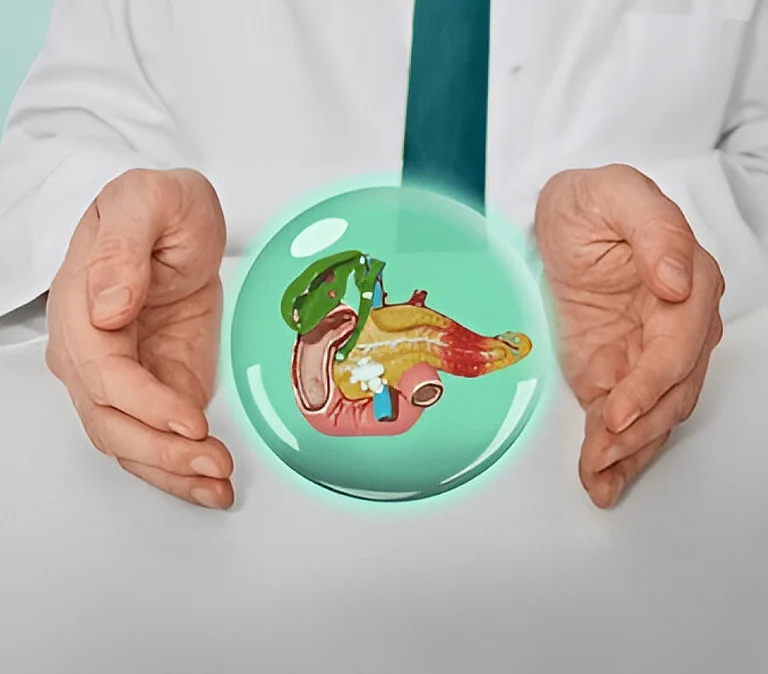A study published in the journal Nature Medicine suggests that Alzheimer's disease may, in rare cases, be transmitted between humans through medical accidents, specifically via the use of contaminated human growth hormone extracted from the pituitary glands of deceased donors.
The research, led by Professor John Collinge, director of the MRC Prion Unit, sheds light on a small number of individuals who developed early-onset Alzheimer's after receiving such hormone treatments.
The study emphasizes that Alzheimer's disease is not contagious through everyday activities or routine care. Prof Collinge states, "We're not suggesting for a moment you can catch Alzheimer's disease. This is not transmissible in the sense of a viral or bacterial infection." Instead, the transmission occurred when individuals were accidentally exposed to human tissue or extracts containing proteins that initiated the disease.
The researchers discovered similarities between Alzheimer's and prion diseases, such as Creutzfeldt-Jakob disease (CJD), kuru, and BSE. Prion diseases are caused by infectious, misfolding proteins that propagate in the brain. While these diseases usually occur spontaneously, they can also arise from genetic mutations or be transmitted through infected brain or nervous tissue.
Between 1959 and 1985, at least 1,848 patients in the UK received human growth hormone from cadavers. This practice was discontinued in 1985 after some patients who received hormone samples contaminated with CJD-causing proteins subsequently died of CJD.
Of particular concern, the study revealed that out of the 80 cases in the UK, some patients also exhibited a protein called amyloid-beta in their brains—a hallmark of Alzheimer's disease. The research further demonstrated that amyloid-beta was present in some hormone batches and induced Alzheimer's-like disease in mice.
Eight patients referred to the National Prion Clinic between 2017 and 2022 were studied. All had received human growth hormone from cadavers but did not have CJD. Five of them displayed dementia symptoms meeting clinical criteria for Alzheimer's disease, with onset as young as 38 years old.
The study underscores the need for measures like effective decontamination of surgical instruments to prevent disease transmission. However, experts caution that the reported cases involved repeated exposure to contaminated hormones over a span of years, and transmission of Alzheimer's through this route has not occurred for over four decades.
Andrew Doig, Professor of Biochemistry at the University of Manchester, stressed that precautions are already in place to prevent the transmission of brain tissue between individuals. He emphasized that, while the new findings are of scientific interest, there is no reason to fear this form of Alzheimer's, as the method of transmission was halted over 40 years ago.






















